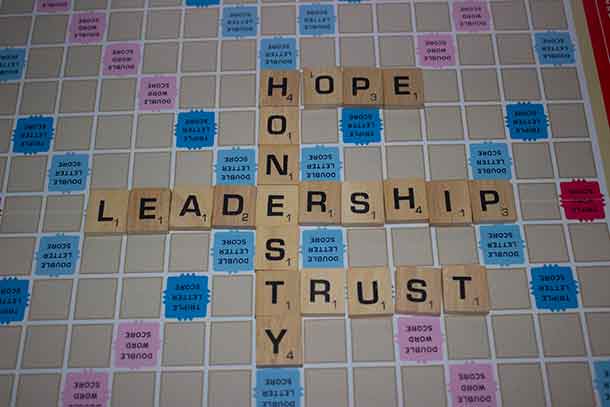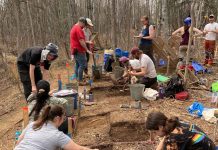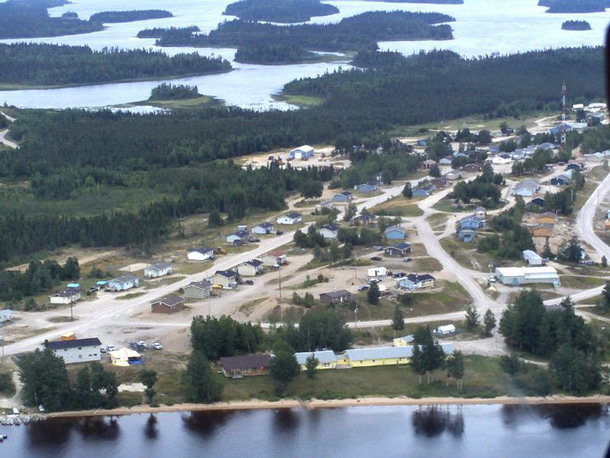Communities are the lifeblood of any neighborhood or residential enclave. They’re the very essence that makes a place more than just a cluster of buildings. Much like a seasoned gardener nurturing his greens to perfection, it’s through effective property management that these communities truly flourish.
Imagine walking into a forest. At first glance, you see trees. But when you pay closer attention, you notice the layers: the towering trees, the smaller shrubs, the ground cover, the intertwining roots, the birds chirping, the fragrance of blossoms, and the hum of life everywhere. Similarly, a property is not just about the buildings; it’s about the people, the connections they forge, the shared moments, and the culture that evolves over time.
The role of a property management company is akin to that of the forest keeper. This entity ensures that each layer thrives, every individual gets its space, and yet, they’re all intricately connected, making the community vibrant and alive.
Tips for Building Community Through Property Management
Building a strong and cohesive community doesn’t happen by chance, it requires intentional strategies and efforts. Here are some effective strategies for building and nurturing a vibrant community:
- Open Communication Channels
Establish clear and transparent communication channels between community members, whether through newsletters or community websites. Regularly update residents about events, decisions, and important information. Encourage feedback and suggestions to ensure everyone’s voice is heard.
Also, set up community bulletin boards, chat groups, or even a dedicated website. This serves as a platform for residents to discuss issues, sell or trade items, recommend local services, or just chat about their day.
- Create Inclusive Spaces
Design communal spaces that are inclusive and welcoming. Ensure they cater to a variety of interests, from fitness areas to quiet reading corners. Inclusive spaces encourage residents with different backgrounds and interests to interact, fostering a sense of belonging.
- Organize Community Events
Property managers can create spaces and events for residents to mingle. Be it community events, celebrations, or workshops, these interactions lay the foundation for friendships and mutual respect among residents.
Plan events that encourage interaction among residents. These could range from potluck dinners and movie nights to workshops and classes. Community events provide opportunities for people to get to know each other, share experiences, and form connections.
- Support Shared Interests
Identify common interests within the community and facilitate groups or clubs that revolve around those interests. Whether it’s a gardening club, book club, or sports team, shared hobbies bring people together and provide a foundation for building relationships.
- Foster Volunteerism
Promote a culture of giving back by organizing volunteer opportunities within the community. Whether it’s a neighborhood cleanup, charity drive, or mentoring program, volunteering strengthens community bonds and creates a sense of purpose.
- Embrace Cultural Diversity
Celebrate the diverse backgrounds and cultures of community members. Organize cultural events, food festivals, or heritage showcases that allow residents to share their traditions and learn from one another.
- Address Concerns Promptly
Address conflicts and concerns within the community in a timely and fair manner. Openly communicate the steps being taken to resolve issues and involve all parties in finding solutions.
- Celebrate Milestones
Acknowledge and celebrate achievements within the community, whether it’s a resident’s birthday, an anniversary, or a significant accomplishment. Recognizing these milestones fosters a sense of warmth and mutual support.
Incorporating these strategies can help property managers and community leaders create an environment where residents feel connected, valued, and invested in the well-being of the community. Building a strong community takes time and effort, but the rewards in terms of shared experiences, support networks, and a sense of belonging are immeasurable.
- Maintain Properly
Just as a tree needs the right environment to grow, a community requires well-maintained facilities. When residents see that their homes and common areas are cared for, they’re more likely to take pride in their community. It fosters a shared responsibility where everyone chips in to keep the place pristine.
- Resolve Conflicts
In any community, conflicts are inevitable. An effective property manager identifies these conflicts early on and ensures they don’t spiral out of control. They act as mediators, ensuring each voice is heard, creating a harmonious living environment.
- Gather Feedback
Regular feedback sessions can be set up where residents voice their concerns and suggestions. Acting on these ensures the community’s continuous growth and evolution.
The Benefits of Effective Property Management on Communities
Here are the benefits of effective property management:
- Enhanced Quality of Life: A well-managed property enhances residents’ quality of life. Clean, well-maintained surroundings, combined with access to amenities and services, contribute to a more comfortable and enjoyable living experience.
- Increased Social Capital: Effective property management encourages social interactions among residents. As they get to know their neighbors through shared activities and events, a sense of trust and mutual support grows, resulting in increased social capital within the community.
- Higher Property Values: Communities with engaged property management tend to maintain higher property values. A well-maintained and harmonious environment is attractive to potential buyers and renters, leading to increased demand and value appreciation.
- Positive Reputation: Word spreads quickly about communities with effective property management. A positive reputation attracts prospective residents who are seeking a well-cared-for and welcoming living environment.
- Sustainability and Environmental Stewardship: Property managers can play a role in promoting sustainable practices within a community. Implementing eco-friendly initiatives such as recycling programs, energy-efficient appliances, and green spaces not only benefit the environment but also foster a sense of shared responsibility among residents.
Challenges and Solutions
- Balancing Individual Needs and Community Interests: Property managers must navigate the delicate balance between individual resident needs and the broader interests of the community. This requires clear guidelines and open communication about communal rules and expectations.
- Adapting to Technological Changes: Embracing technology can enhance property management efficiency, but it also presents challenges, particularly for older residents. Property managers can bridge this gap by offering training sessions and personalized assistance.
- Financial Management: Striking the right financial balance is crucial for both property managers and residents. Transparent financial practices and regular updates on budgets can build trust and prevent misunderstandings.
A thriving community is much more than mere physical proximity. It’s about fostering connections, promoting mutual respect, and working towards a collective good. By engaging residents actively and building a sense of belonging, property managers can ensure a positive and enriching living experience for everyone.







